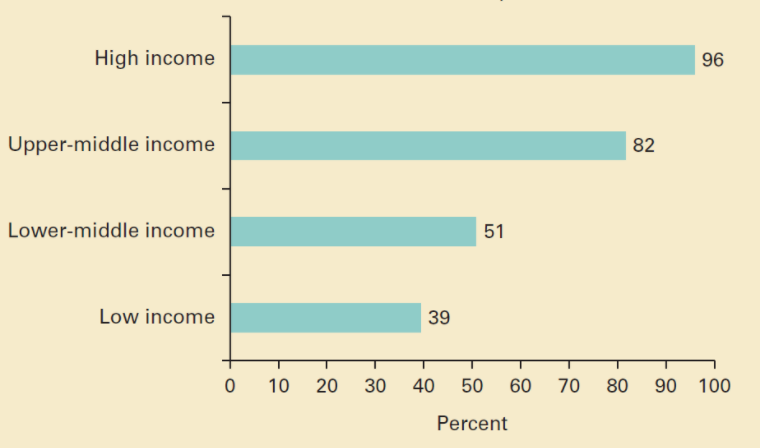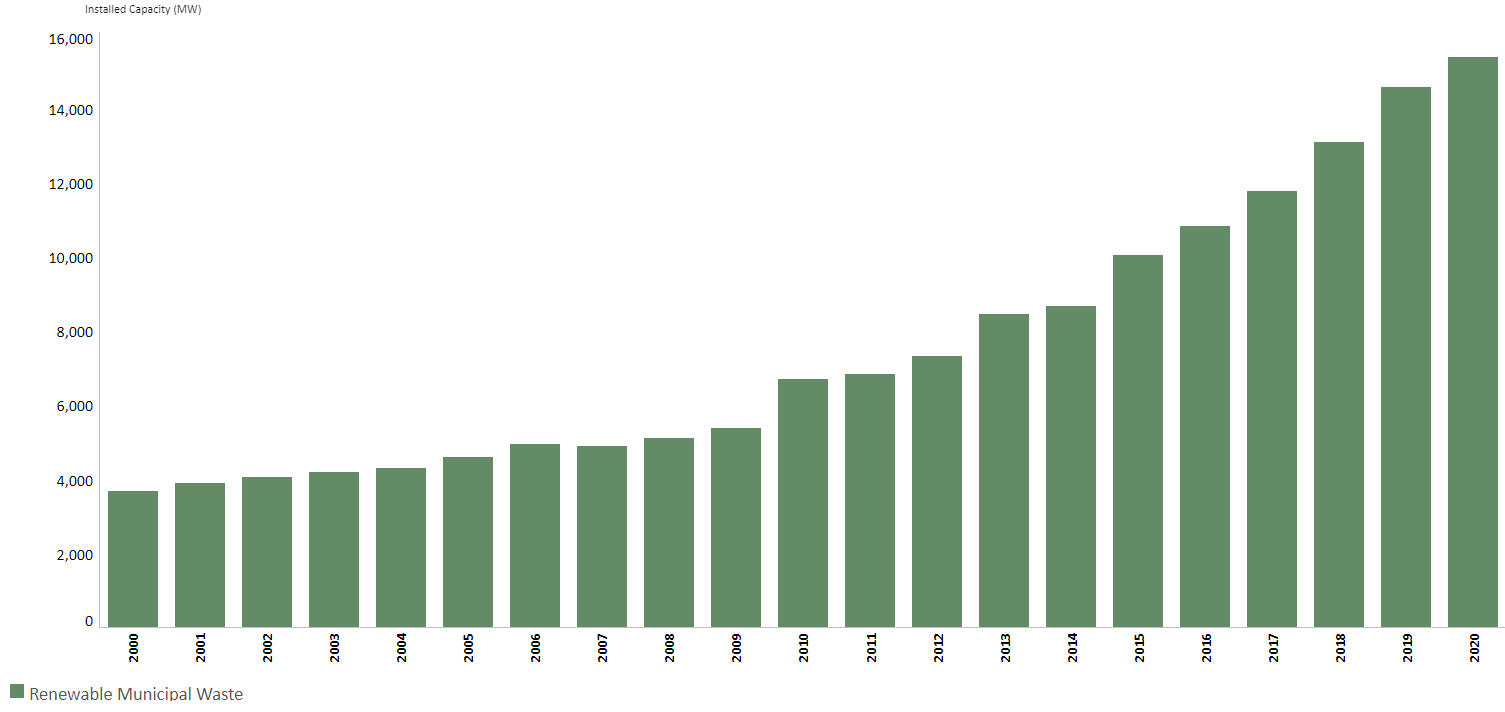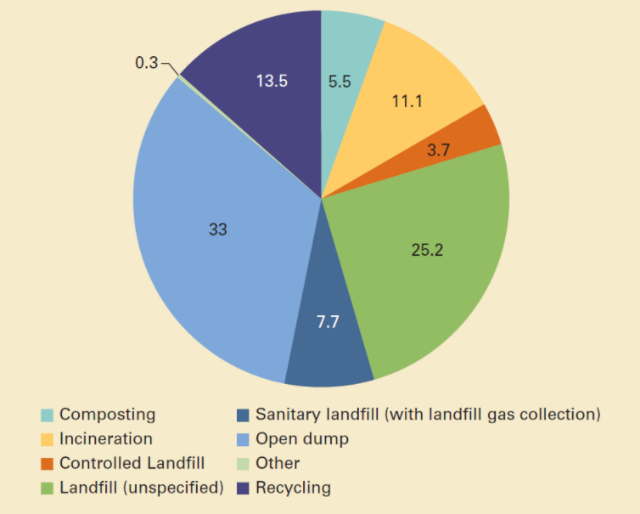Municipal Solid Waste Energy Conversion and Circular Economy
A special issue of Energies (ISSN 1996-1073). This special issue belongs to the section "A4: Bio-Energy".
Deadline for manuscript submissions: closed (20 December 2021) | Viewed by 2496
Special Issue Editor
Special Issue Information
This Special Issue has as its main goal to discuss the current situation and perspectives for waste-to-energy using MSW, as well as those for wastes and the circular economy, focusing mainly on developing and least-developing countries. Current situation, synergies, existing barriers, and perspectives for WtE and the circular economy should be our main subjects.
The environmental and social benefits of WtE for the circular economy are well known, and they have been extensively discussed before. In the current proposal, the idea is to go more in depth, considering the interface of WtE with the bioeconomy, mainly in developing countries.
In fact, as the figure below shows, MSW collection and treatment, as well as WtE systems, have already become a reality, though mostly in high and upper-middle income countries.

FONTE: KAZA et al, 2018
The use of WtE systems has also been growing worldwide, as shown in the figure ahead, but it is well known that this is unfortunately not the case in developing and least-developing countries, where MSW collection is reduced, and adequate treatment is almost impossible in many cases.

FONTE: IRENA, 2021.
In addition, the figure below illustrates the current situation of MSW disposal worldwide, showing the existing difficulties related to an adequate disposal process.

FONTE: KAZA et al, 2018.
Therefore, the main objective of this Special Issue is to discuss this in the context of developing and least-developing countries, and we are inviting high-quality submissions on this topic. Please note that we expect the Special Issue to be completed by December 2021. I look forward to receiving your contributions.
Sincerely yours
References:
COELHO, Suani T.; Pereira, Alessandro; Mani, Shyamala; Bouille, Daniel; Stafford, William; Recalde, Marina; Savino, Atilio. 2020. Municipal Solid Waste Energy Conversion in Developing Countries. 1st Edition.
IRENA – International Renewable Energy Agency. Country Rankings – RSU – Urban Solid Waste. 2020. Disponível em: https://public.tableau.com/views/IRENARETimeSeries/Charts?:embed=y&:showVizHome=no&publish=yes&:toolbar=no. Acesso em 2 mai. 2021.
Kaza, S.; Yao, L.; Bhada-Tata, P.; Van Woerden, F. 2018. What a Waste 2.0 - A Global Snapshot of Solid Waste Management to 2050. International Bank for Reconstruction and Development. Disponível em: https://openknowledge.worldbank.org/handle/10986/30317 . Acesso em 02 mai. 2021.
Prof. Dr. Suani Teixeira Coelho
Guest Editor
Manuscript Submission Information
Manuscripts should be submitted online at www.mdpi.com by registering and logging in to this website. Once you are registered, click here to go to the submission form. Manuscripts can be submitted until the deadline. All submissions that pass pre-check are peer-reviewed. Accepted papers will be published continuously in the journal (as soon as accepted) and will be listed together on the special issue website. Research articles, review articles as well as short communications are invited. For planned papers, a title and short abstract (about 100 words) can be sent to the Editorial Office for announcement on this website.
Submitted manuscripts should not have been published previously, nor be under consideration for publication elsewhere (except conference proceedings papers). All manuscripts are thoroughly refereed through a single-blind peer-review process. A guide for authors and other relevant information for submission of manuscripts is available on the Instructions for Authors page. Energies is an international peer-reviewed open access semimonthly journal published by MDPI.
Please visit the Instructions for Authors page before submitting a manuscript. The Article Processing Charge (APC) for publication in this open access journal is 2600 CHF (Swiss Francs). Submitted papers should be well formatted and use good English. Authors may use MDPI's English editing service prior to publication or during author revisions.
Keywords
- MSW
- Waste-to-energy
- Circular Economy
- Developing countries





